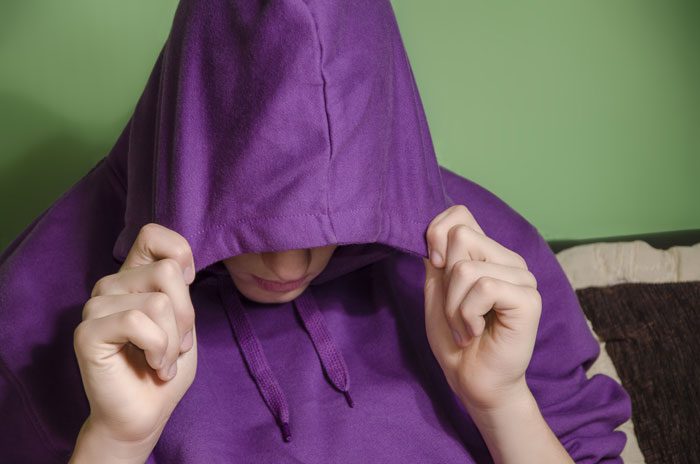By Cristina Utti
If your son or daughter has been behaving out of the ordinary and you suspect they may be experimenting with drugs or alcohol, listen to your parental instincts. Although addiction can happen at any point in someone’s life, it often begins in adolescence. The most important thing you can do as a parent is to become educated about alcohol and drug abuse. It is vital to be able to recognize the signs and symptoms of drug and/or alcohol abuse as early as possible.
Below are some warning signs to be aware of:
- Change in personality – This one can be a little tricky because teenagers are full of hormones that affect their moods. One minute they can be happy and the next minute sad, angry, or crying. This behavior is normal to a degree. Parents know their children. If you suspect that your child’s character or behavior has gone to extremes (maybe they are more talkative and energetic than normal or sleeping more than usual), this can be a sign of a drug/alcohol problem.
- Withdrawing from interests – The teen years are when we figure out our likes and dislikes and take a stand with what we want to do with our time. Refusing to go to church or refusing to visit the grandparents may be normal. But if you notice that your child stops doing the activities that they once loved (such as sports, clubs, art, etc.), this can be a warning sign. When addiction begins to take over, it takes precedence over other activities that one once found enjoyable.
- Doing poorly in school – One of the first signs of a teenager experiencing some kind of problem is a change in their school performance. Skipping class, not wanting to go to school, getting in trouble, and dropping grades are all signs of a problem. Do not take these lightly.
- Weight change – Loss of appetite and a significant amount of weight loss can mean more than dieting.
- Money problems – Unexplained need for money or money missing from the house can be signs of addiction. Be aware of manipulating behavior when your child asks for money or if you find money missing.
- Feeling sick – If your teen is getting sick and refuses to go to the doctor, there may be a problem. Look for signs such as blood shot eyes, dilated pupils, frequent nosebleeds, headaches, marks on arms, profuse sweating, nausea or vomiting, and shakes or tremors.
- Sudden desire for privacy – If your teen has always left their bedroom door open and now locks it, follow your gut. If they are acting suspicious, they probably are doing something that they do not want you to know about.
If you notice any of these signs in your child, do some research and do some snooping. Be prepared for a talk with your teen, and go into it with an intention to help, not to alienate them. If you need to get help for yourself first to assist you in dealing with your teen, then do so. In doing this, you may be saving not only your sanity, but also your child’s life.
If you or a loved one is suffering from addiction, contact us today at 806.307.2003. Let our skilled professionals walk you through the steps that lead to recovery.












